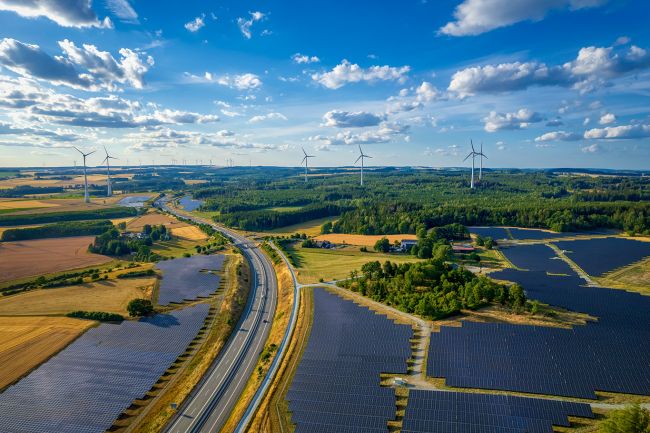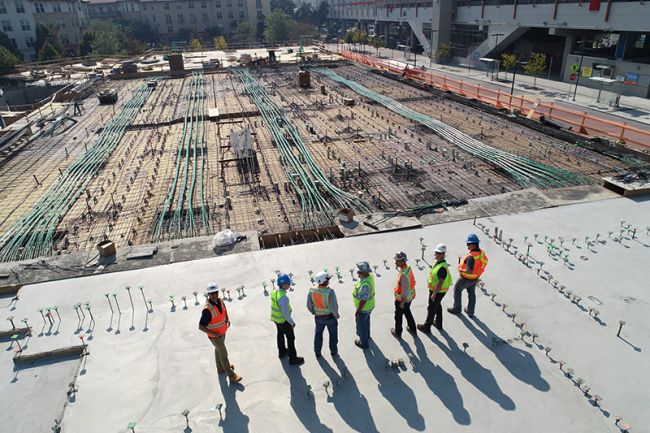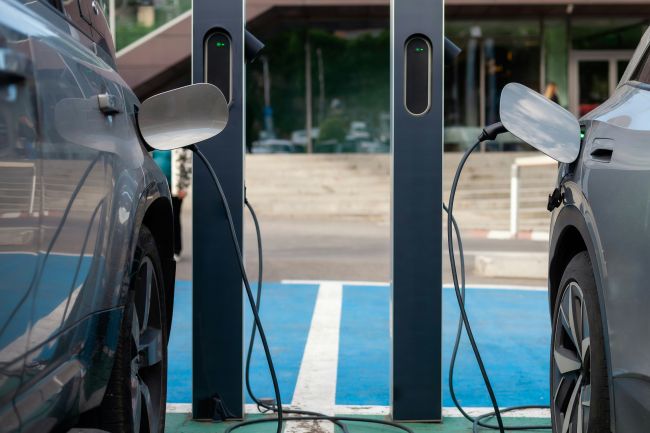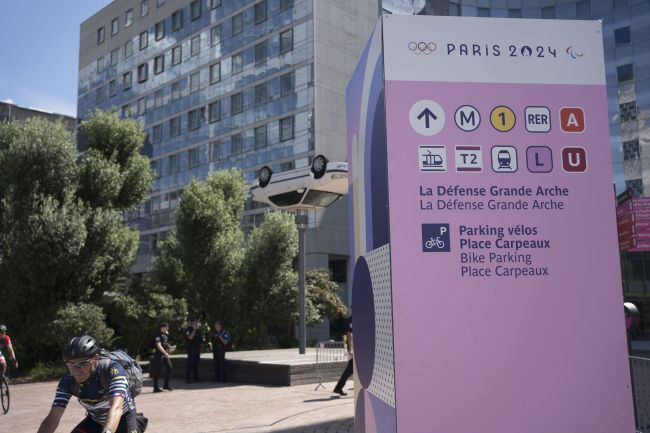Bridging India's infrastructure funding gap by 2025
India aims for a USD 5 trillion economy by 2025, requiring USD 1.4 trillion in infrastructure investments and diverse funding sources.

India Inc. envisages achieving the target of a USD 5 trillion economy by 2025, which requires a committed capex spend of USD 1.4 trillion on infrastructure, as per the National Infrastructure Pipeline (NIP) estimates (over FY2020-25) for a sustained growth trajectory.
The historical Infrastructure investments in India, as per estimates, for fiscals 2018 and 2019 were ~USD 0.1 trillion per year (INR 10.2 lakh crore and ~INR 10 lakh crore, respectively). This requirement scales to USD 1.4 trillion (INR 111 lakh crore) projected over fiscals 2020 to 2025, with ~72% of the infrastructure investments directly feeding into energy (24%), roads (18%), urban (17%) and railways (12%) sector. The timely completion of USD 0.5 trillion (40%) worth of projects under implementation, USD 0.4 trillion (30%) worth of projects at the conceptualisation stage, and USD 0.3 trillion (20%) worth of projects under development, out of the total lined up under the NIP 2019-25 is a key question.
Nearly 20% of the pipeline is expected to be financed through the Centre’s budget, while ~25% is expected to be financed through the State’s budget, and ~31% would be raised through debt from bond markets, banks and NBFCs, with external aid multilateral and bilateral agencies comprising 6-9% as per NIP estimates. This adds up to 83–85% of the capital expenditure being anticipated to be financed by conventional sources. The public sector, including the Centre and State governments and PSUs (accounting for ~70% of total share), have played pivotal roles in undertaking infrastructure capital outlay, with private sectors gaining importance in recent years (~30% share). The investment partnership between the State and the Private sector evolved only after the implementation of robust regulatory and investment mechanisms, making it congenial for private players to participate in the PPP contracts. However, the biggest challenge remains to bridge the large funding gap of balance ~15-17%.
While some gaps are filled through establishing new DFIs and using asset monetisation as a tool to monetise operational assets at both central and State levels, bridging the remaining gap is herculean. This is given the inherent nature of these projects with long development and gestation periods, project mispricing, aversion on account of credit ratings, lack of long-term capital-raising strategies and weak interests from global institutional investors, especially towards under-construction projects which are susceptible to stagnation risks due to liquidity crunch, limited incentives, and inappropriate revenue forecasts.
This translates that the conventional sources of finances, including reliance on equity markets, debt securities, and lending processes by banks and Non-Bank Financial Companies (NBFCs), or domestic institutional investors would not suffice, and hence require interests from global institutional investors, sovereign wealth funds, endowment funds, pension funds, insurance funds especially real estate investment trusts (REITs), Alternative Investment Funds and infrastructure investment trusts (InvITs) designed specifically to provide a long-term equity and debt investment options in Special Purchase Vehicles (SPVs). Alongside, adequate support in terms of:
- favourable long-term revenue models with consistent cash flow through long-term concessions.
- compensation for volatility and risk exposures.
- regulatory support in the form of relaxing foreign investments in ‘infrastructure’ segments, supporting more registrations of InvITs
- relaxations in lock-in period for InvITs.
- allow easy channelisation of profit distribution to unitholders through dividends, interest, and repayment of loans advanced to projects.
- lower interest rates.
- structuring the infrastructure deals and financial engineering in the form of enticing financial instruments for institutional investors.
- focusing/transition from PPP to PFI (Privately Funded Infrastructure) projects.
The requirement of a congenial regulatory framework that is conducive to attracting investors — both domestic and foreign — and tapping into long-term capital sources like pension funds and insurance instruments supports raising foreign debt capital by allowing bonds and external commercial borrowings (ECBs) in infrastructure. This will enable the funding gap to be bridged between long-term and short-term aspects and make the returns more stable.
























